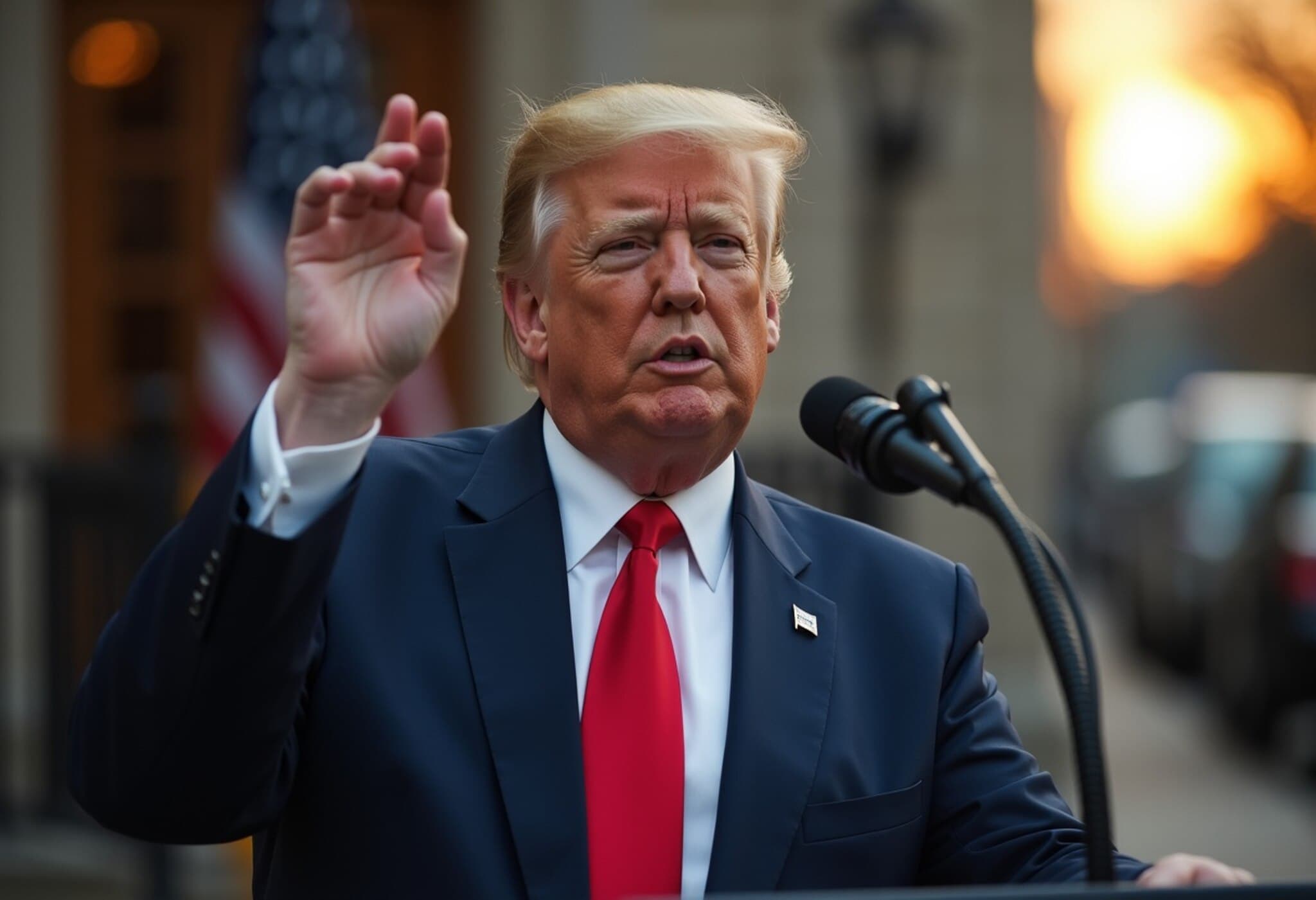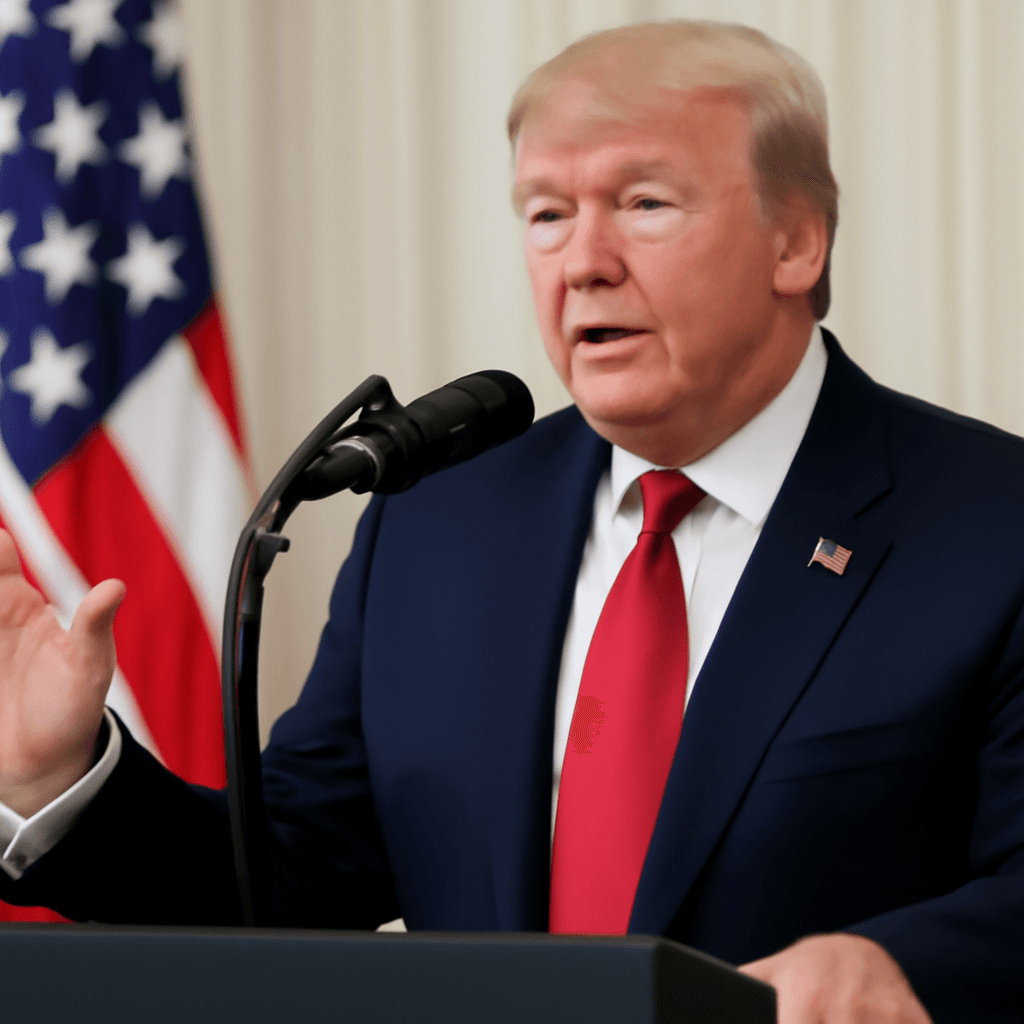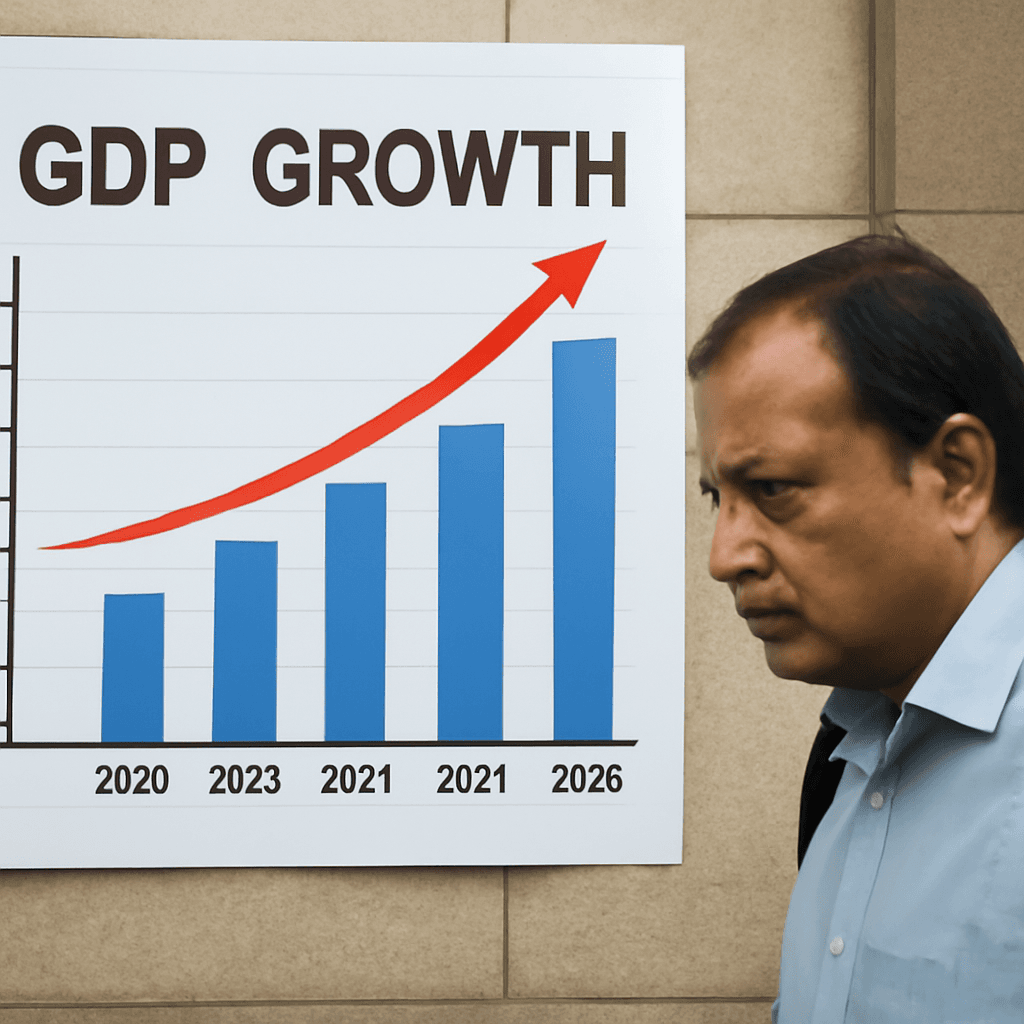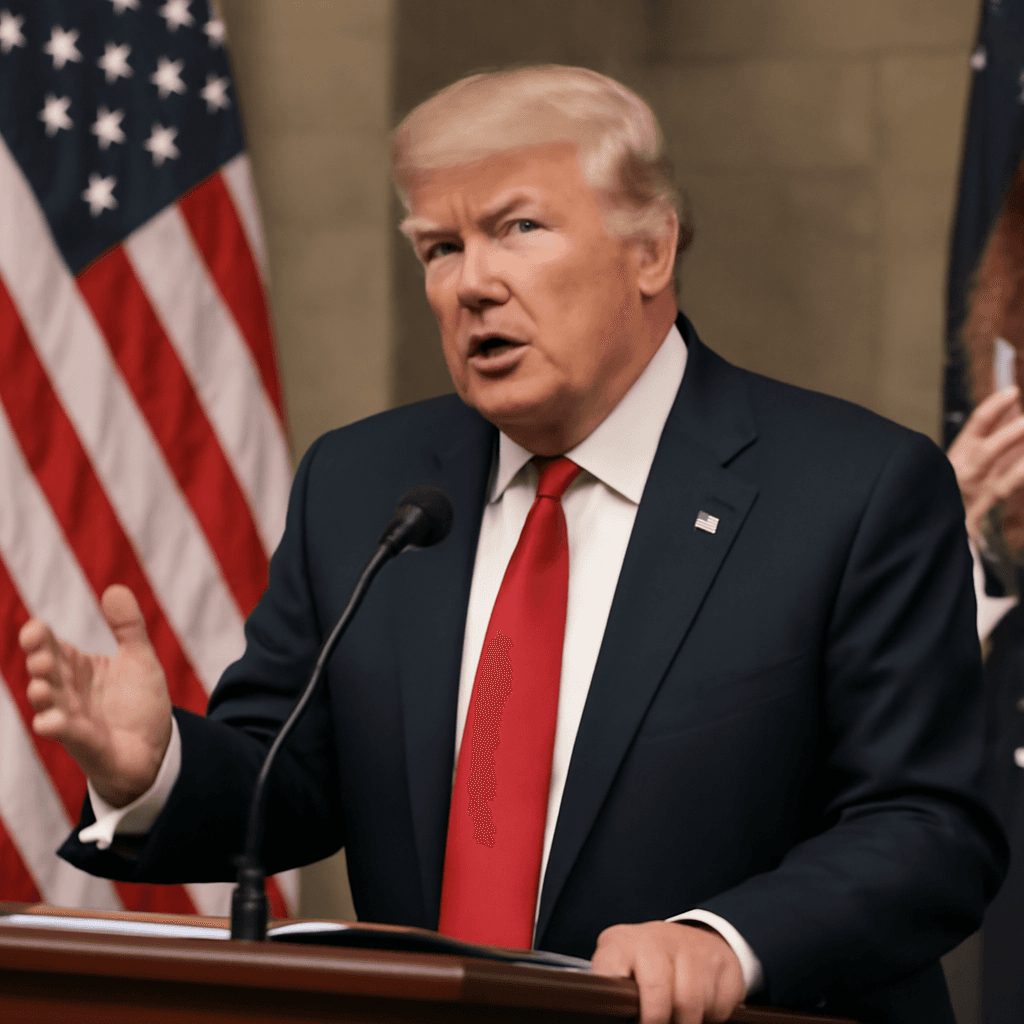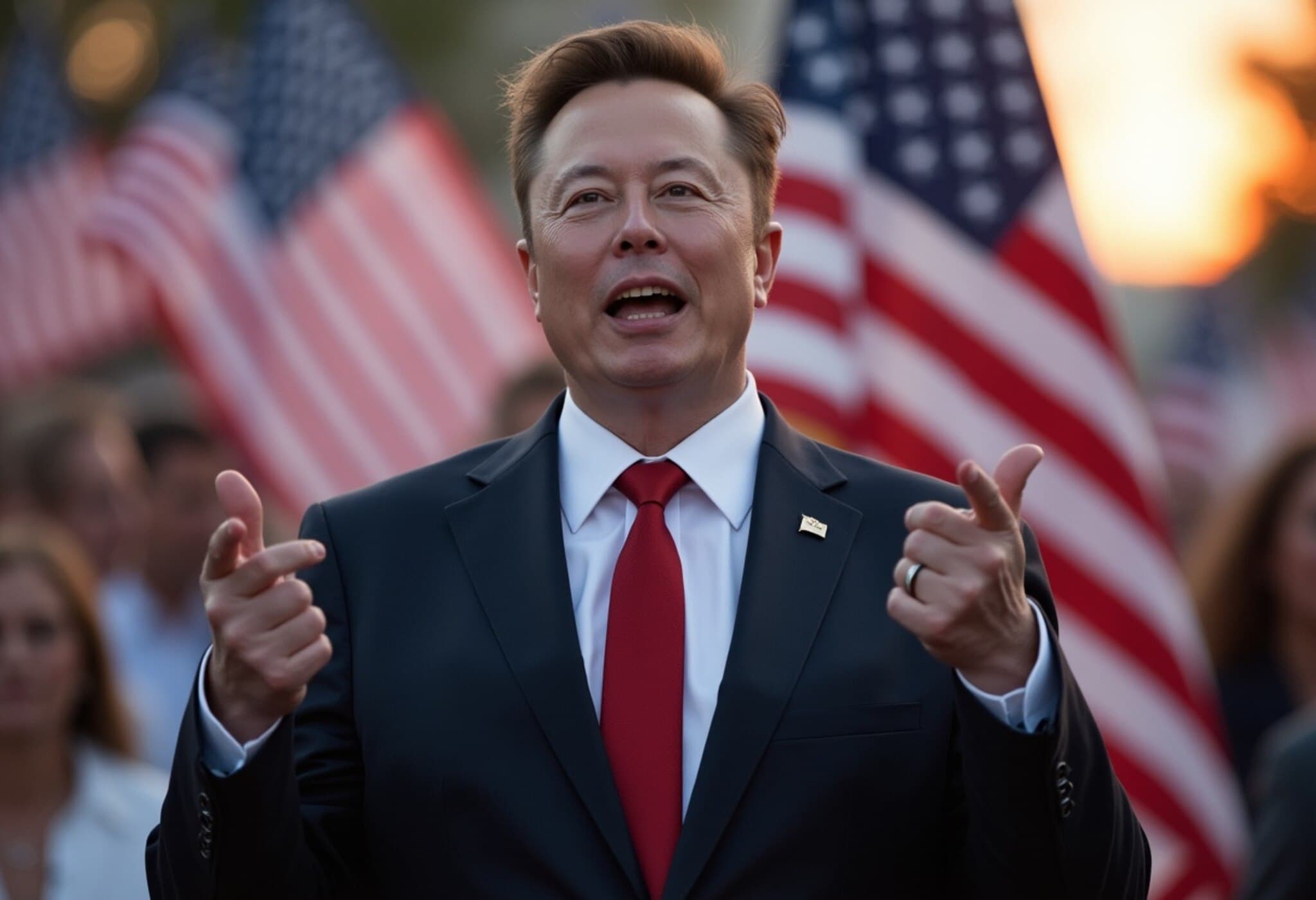Warren Buffett’s Simple Yet Radical Solution to the $33.8 Trillion Debt
As America grapples with a staggering $33.8 trillion national debt, legendary investor Warren Buffett has revived a provocative idea aimed at forcing fiscal responsibility in Washington. Buffett’s proposal? A straightforward rule that would immediately disqualify any member of Congress from re-election if the annual deficit exceeds 3% of the Gross Domestic Product (GDP).
This bold concept first surfaced over a decade ago but has recently gained fresh momentum, especially amidst growing concerns over ballooning deficits and economic instability.
Elon Musk and Senator Mike Lee Spark New Debate
Extending Buffett’s call for accountability, Senator Mike Lee from Utah announced he is crafting a constitutional amendment to disqualify Congress members during periods of high inflation—specifically when inflation surpasses 3%. Echoing the spirit of Buffett’s original idea, Lee’s amendment shifts the focus from deficit percentages to inflation rates, both closely intertwined with government spending.
The conversation gained further traction after Lee shared Buffett’s 2011 video on social media, asking the public, “Would you support this amendment?”
Among those lending support was Tesla CEO Elon Musk, who emphatically endorsed the plan with a simple, “100%. This is the way.” Economists like Peter Schiff chimed in as well, praising the idea as “brutal but brilliant,” noting it would finally hold lawmakers accountable for their fiscal decisions.
The Harsh Reality of America's Fiscal Health
The U.S. economy faces a difficult fiscal landscape. In fiscal year 2024, GDP reached about $28.83 trillion, yet federal spending ballooned to $6.75 trillion, far outpacing the revenue of $4.92 trillion. This resulted in a massive deficit of $1.83 trillion, or 6.3% of GDP—twice Buffett’s suggested cutoff point for congressional ineligibility.
Looking ahead, the Congressional Budget Office warns that deficits could swell to $2.6 trillion by 2034, largely driven by soaring interest payments on the debt, which now exceed $1 trillion annually.
Inflation further complicates matters. After hitting 3.2% in 2024, above the Federal Reserve’s 2% target, inflation partly reflects continued aggressive fiscal policies and monetary expansion, with the M2 money supply growing 6% during the year.
Weighing the Proposal: Is It a Game-Changer or a Risk?
Buffett’s and Lee’s plans aim to inject urgency and consequences into the congressional mindset by tying elected officials’ futures directly to the nation’s fiscal health. But the path to enshrining such rules in the Constitution is formidable, demanding a two-thirds majority in both chambers and ratification by 38 states.
Critics warn the plan might destabilize governance. Political analyst Sarah Klein contends that forcing mass removal of lawmakers amid deficit spikes could lead to chaos and elevate inexperienced politicians to power. Moreover, deficits often rise during emergencies like recessions or pandemics—times when increased spending may be essential, not reckless.
Still, proponents argue that the looming threat of disqualification would serve as a powerful deterrent against fiscal negligence. Economist Nouriel Roubini summarized the sentiment well: “Congress has no skin in the game. Buffett’s idea flips that script.” Polls on social media indicate robust public backing, with 68% of over 12,000 respondents favoring Lee’s amendment.
Conclusion: A Call for Accountability in Uncertain Times
The debate over controlling America’s out-of-control deficits and inflation underscores a deeper frustration with political inertia. Buffett’s straightforward plan may not be a silver bullet, but it undeniably reignites a vital conversation about the responsibilities of elected officials in safeguarding the nation’s financial future.



